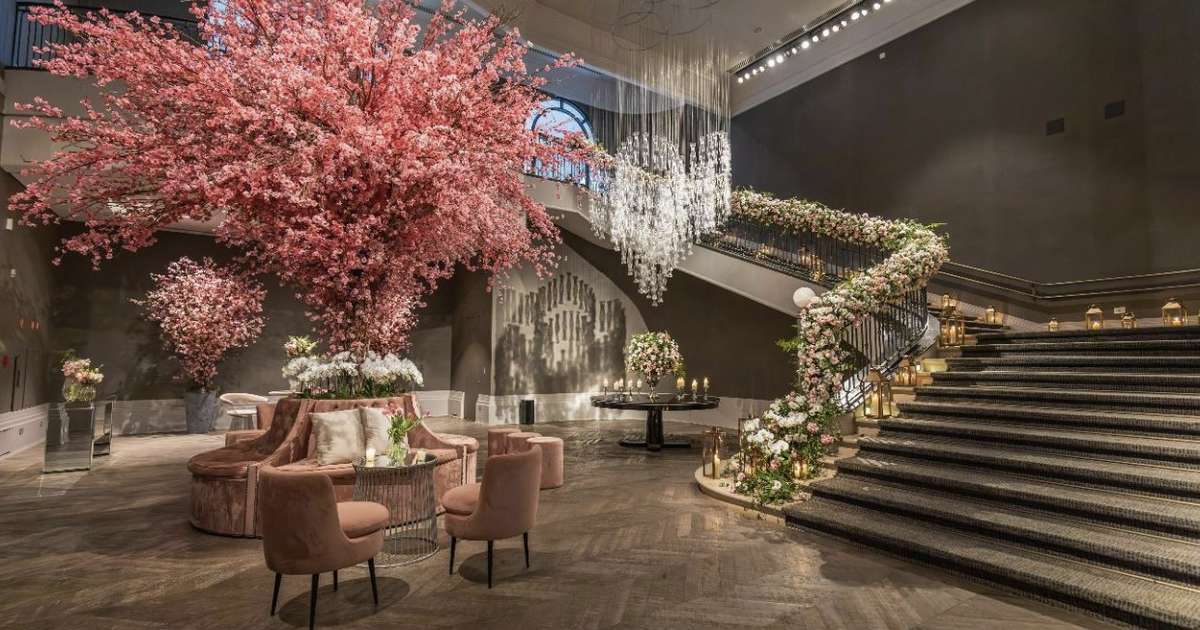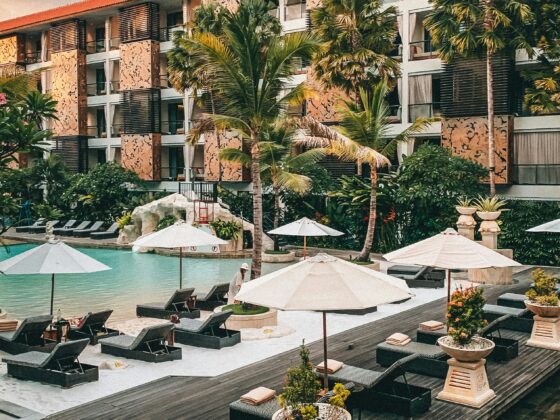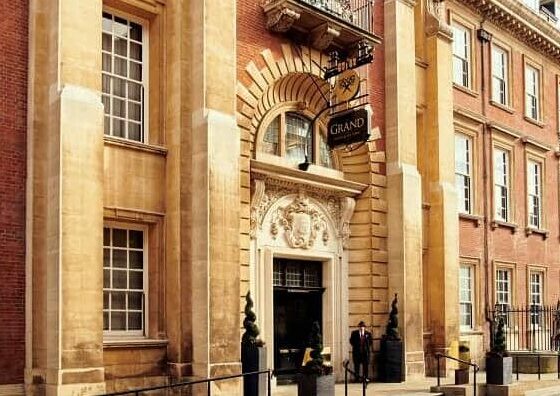
1. Context
In recent years, and especially since the health crisis of 2020, the concept of sustainability has become increasingly important within the hotel industry. However, although this concept initially began to develop as an effort by companies to minimise the impact of their activity by reducing energy consumption or optimising resource management, it is now an essential element of their brand narrative. Especially in the luxury sector, where service is complemented by image and symbolic projection, sustainability has become an added value, a differentiating factor.
However, it is important to analyse the differences between those hotels that make a genuine commitment to social responsibility in their activities and those that use sustainability solely as a communication tool.
2. Change in the profile of luxury tourists
A transition is taking place in the classic profile of high-income tourists. While gastronomic excellence and high standards of accommodation continue to be necessary requirements, a constantly growing part of this tourist segment also seeks to align their customer experience with their personal values. In other words, the brand’s image must be consistent with its perception of environmental and social responsibility.
This is forcing luxury hotels to rethink their narrative, as it is not enough for luxury to be sustainable; sustainability must necessarily redefine the concept of luxury. In this context, elements such as transparency, authenticity, and traceability are as sought after as excellence in service.
3. The challenge of greenwashing
The luxury tourism industry faces a major challenge. Greenwashing, understood as the incorporation of a narrative that superficially describes actions or strategies based on sustainability that are not very tangible, transparent, or intended to deceive in order to attract customers, has become an issue that the sector must take into account. Today, many hotels use the greenwashing trap to disguise as ecological programmes what is merely a change to LED light bulbs or an invitation to reuse towels. It is important to understand that sustainable discourse without impact can become an element that erodes both the credibility of the brand itself and the set of initiatives that the sector wants to carry out in a transparent, measurable, and tangible way.
One of the most common greenwashing strategies is the use and abuse of sustainable certifications. While some of these certifications, such as EARTHCHECK or LEED, involve rigorous independent audits that lend credibility to the sustainable initiatives evaluated by establishments, other certifications proliferate that act as mere marketing labels whose traceability is dubious, whose rigour is not based on solid foundations, and which offer very few guarantees to increasingly well-informed consumers.
4. From storytelling to story-doing
Luxury hotels pioneering this paradigm shift in the sector have understood that for sustainability to become an added value, advertising campaigns must be contingent on tangible practices that guests can perceive throughout their stay. In this context, there is a shift from storytelling to story-doing. Firstly, architectural design seeks to be responsible by integrating buildings into the landscape, using local construction materials and ensuring energy efficiency. The gastronomic offering is based on the use of local products from local farmers, which guarantees transparency in the supply chain. In addition, community engagement programmes are proposed that seek to integrate local society from a perspective of enhancing its heritage to training and career guidance. Finally, the incorporation of technology based on intelligent water and energy control systems represents a step forward in resource management, where technological innovation serves not only the guest but also the cause of sustainability itself.
5. Marketing versus vision
From an academic point of view, the narrative based on social and ethical commitment within the luxury hotel sector is structured around four main areas. Firstly, consistency, understood as the incorporation of sustainable actions into the company’s mission and vision. These should not be one-off initiatives or isolated projects, but rather an integral part of each of the company’s actions. These actions must be accessible to the general public, i.e., transparent through the publication of a set of metrics on consumption or emissions, so that they can be verified and compared. Furthermore, an abstract set of data is not enough; the real impact must present tangible benefits, both socially and environmentally.
Finally, it is important that the actions that make up the ethical narrative in luxury hospitality are authentic in terms of incorporating the cultural heritage of the environment in which they take place, seeking to highlight its value, rather than using it superficially for commercial purposes only.
That is why consistency, transparency, impact and authenticity are the set of criteria that must give meaning to the new context of the luxury hotel industry and allow us to differentiate empty narratives from transformative initiatives.
6. Conclusion
Sustainability with meaning and purpose cannot become a complement to the set of operational dynamics of the hotel sector; it must be part of its natural evolution. As new luxury traveller profiles demand hybrid experiences that combine exclusivity and responsibility, hotels that have not yet done so, or those that do so fraudulently, need to rethink their narrative and align it with actions that give it coherence.
In an increasingly competitive market, informed consumers can identify the added value of establishments that are committed to taking action and being transparent about their sustainability initiatives. The transition must be carried out legitimately, as the credibility of a tourism sector facing new ways of travelling and experiencing tourism depends on it.
Xavier Reinaldo
Academic Researcher







